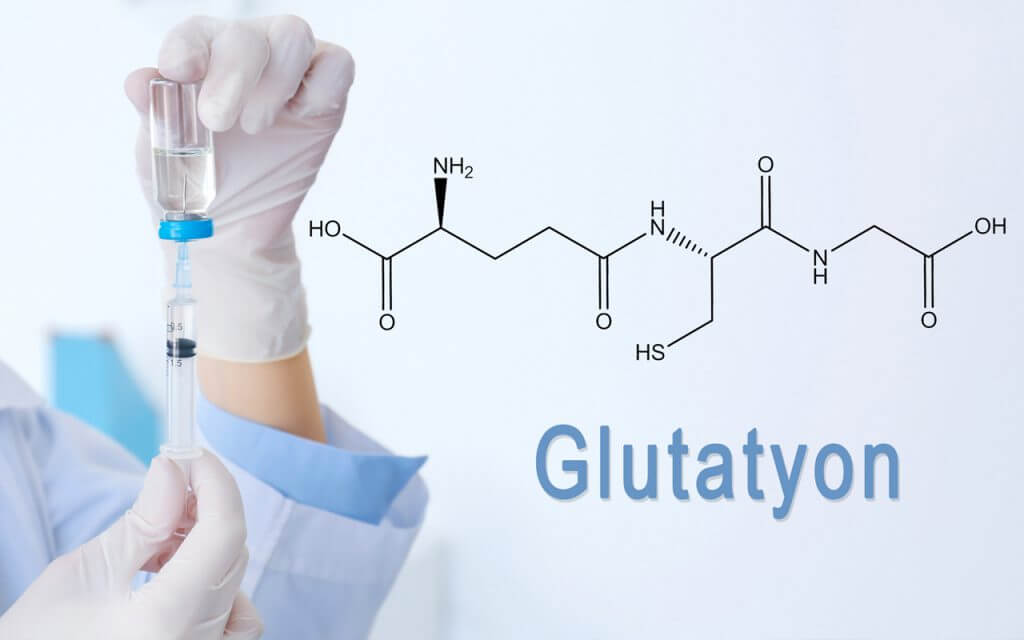Definition of Glutathione and Its Role in the Body
Glutathione is a tripeptide composed of three amino acids: cysteine, glutamine, and glycine. It is a critical antioxidant found in every cell of the body, particularly abundant in the liver. Glutathione plays several essential roles in maintaining health. It protects cells from oxidative stress caused by free radicals, which are unstable molecules that can damage cellular structures. By neutralizing these free radicals, glutathione helps to prevent cellular damage, reduces inflammation, and supports the immune system. Furthermore, it is crucial for detoxifying harmful substances, including heavy metals and toxins, making it vital for liver health.
As a natural compound, glutathione levels can decline due to factors such as aging, poor diet, environmental toxins, and chronic illness. This decline can lead to increased oxidative stress, inflammation, and various health issues, prompting the need for supplementation.
Benefits of Glutathione Therapy
Glutathione therapy involves administering glutathione directly into the body, typically through intravenous (IV) infusion. This method allows for higher absorption rates, enabling the body to benefit more quickly and effectively. The therapy is particularly beneficial for individuals suffering from conditions such as chronic fatigue syndrome, autoimmune diseases, and skin disorders like psoriasis and eczema.
One of the primary advantages of glutathione therapy is its potential to boost the immune system. By enhancing the body’s natural defense mechanisms, it helps to combat infections and diseases more effectively. Additionally, glutathione is known for its skin-brightening properties, making it popular in cosmetic treatments. It can reduce the appearance of dark spots, improve skin texture, and provide an overall radiant complexion.
Moreover, glutathione therapy aids in detoxification processes, supporting the liver’s ability to eliminate toxins. This is particularly important for individuals exposed to heavy metals, pollutants, or those with liver conditions. By facilitating the removal of these harmful substances, glutathione helps to promote better overall health and well-being.
Application Methods and Precautions
Glutathione therapy is usually administered intravenously, allowing for immediate effects. The treatment plan can vary based on individual needs, with sessions ranging from once a week to multiple times a month. While many people report positive outcomes, it is crucial to consult a healthcare professional before starting any supplementation.
Precautions should be taken, as not everyone may be a suitable candidate for glutathione therapy. Individuals with certain health conditions, such as asthma or allergies to any components in the infusion, should be cautious. Furthermore, administering glutathione inappropriately or in excess can lead to adverse effects, such as abdominal cramps or allergic reactions.
In conclusion, glutathione therapy offers a range of benefits, from enhancing immune function to promoting skin health and detoxification. With its potent antioxidant properties, it plays a significant role in maintaining overall well-being. However, as with any treatment, it is essential to approach it with proper guidance from a healthcare professional to ensure safety and efficacy.



